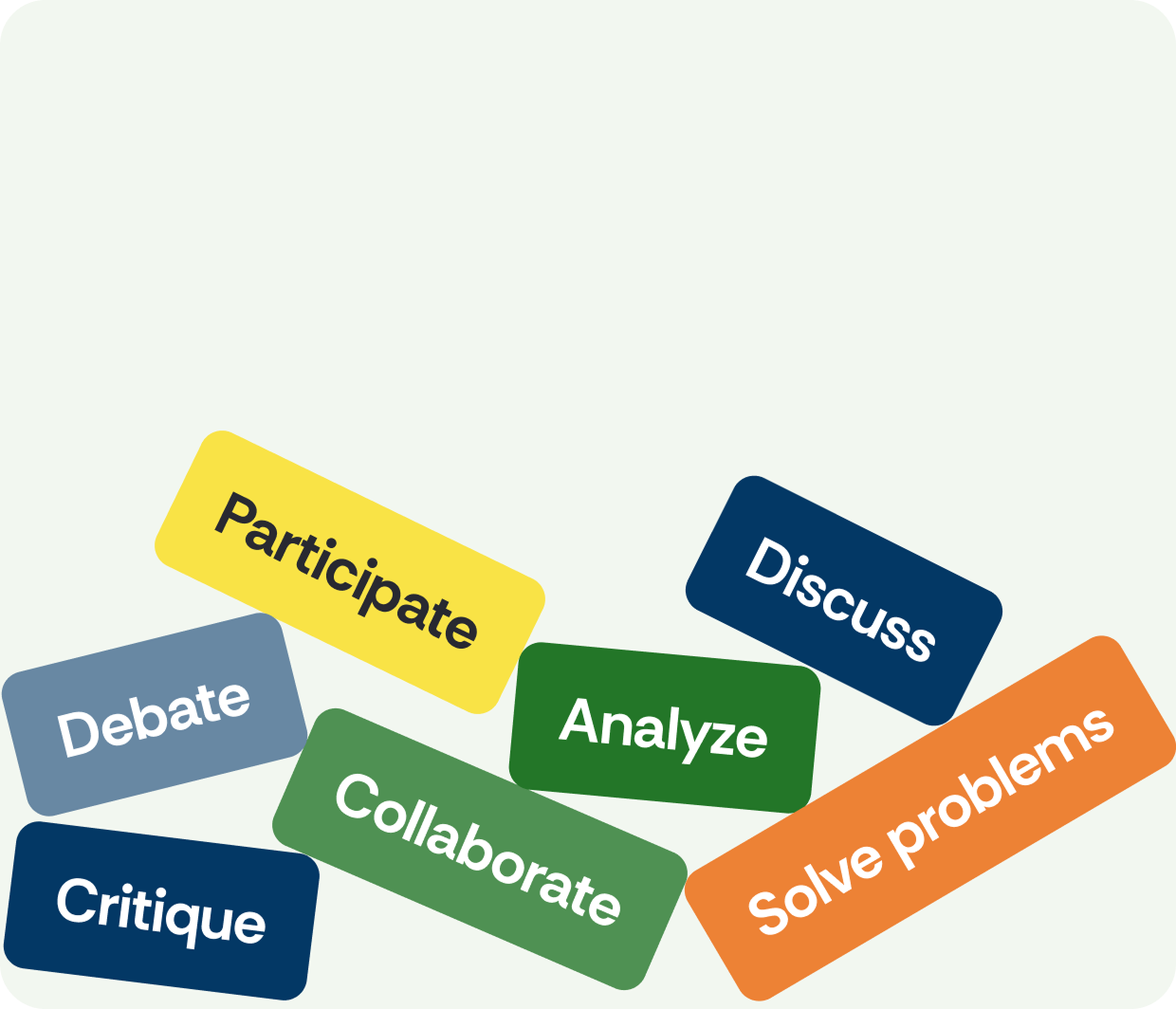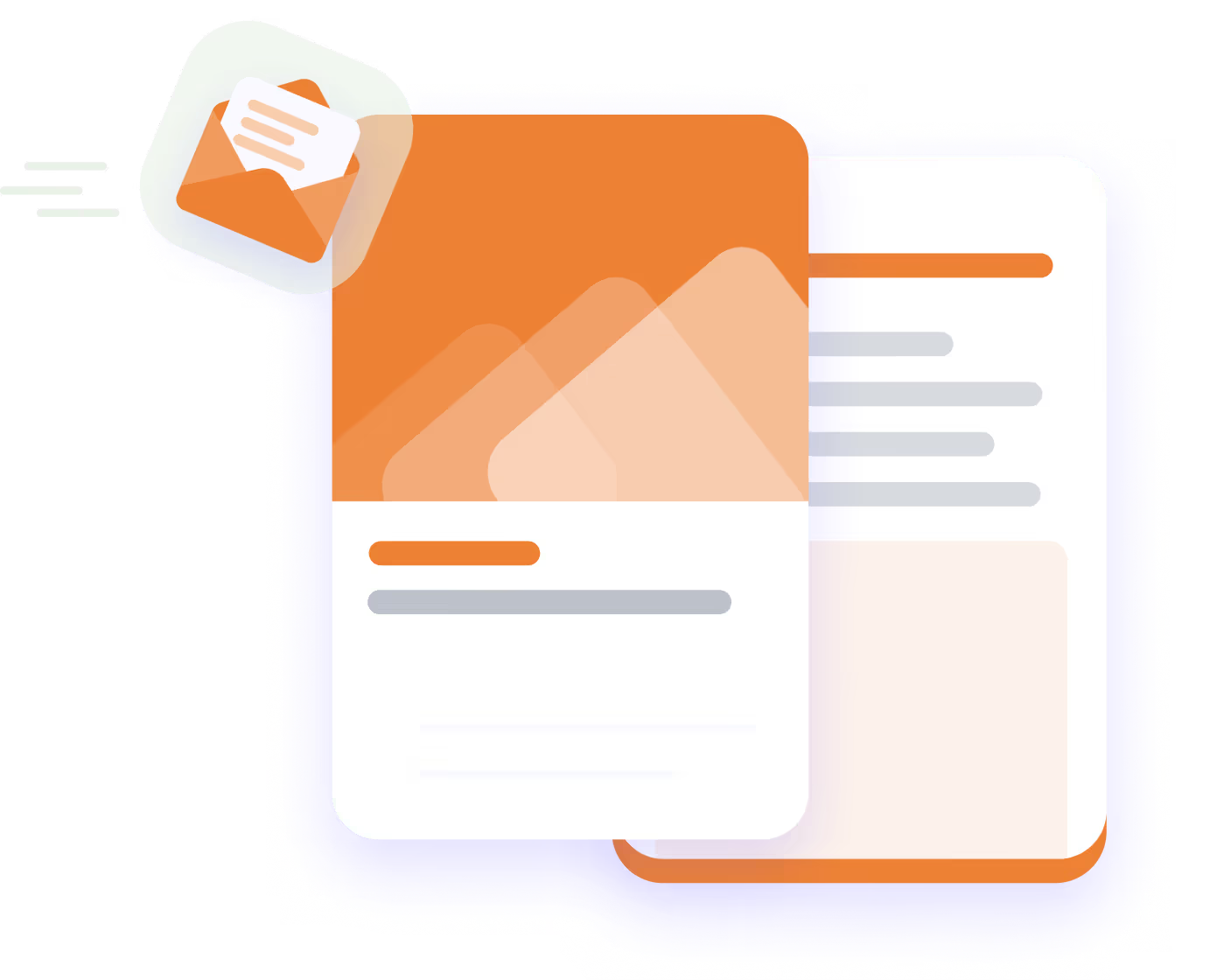Putting Students at the Center: Active Learning Strategies at John Brown University
Join our webinar to learn how John Brown University successfully implemented active learning for student-centered course design. Together with Kim Johnson, Instructional Designer at John Brown University, we will discuss practical strategies and real-world examples of leveraging FeedbackFruits solutions to create active learning environments that enhance engagement, foster collaboration, and deliver impactful outcomes.


What you'll learn
- Actionable Active Learning Strategies and tool suggestions to implement student-centered learning designs that boost engagement and collaboration.
- A real-world example of how instructors at John Brown University achieved meaningful outcomes by incorporating FeedbackFruits into their teaching practices.
- How to reimagine your instructional approach to create more impactful and student-focused learning experiences.
Meet our speakers
Kim Johnson is a dedicated educator passionate about fostering active learning in higher education. With a wealth of experience as an instructional designer and expertise in educational technology, she is committed to creating dynamic and interactive learning environments that empower students to thrive. Join Kim in an upcoming webinar to explore innovative active learning and student engagement approaches.
Cole Groom is a Partnerships Lead at FeedbackFruits with over a decade of experience using educational technology and 5+ years working in the industry. His personal experience with completing multiple degrees in different learning modalities led him to pursue his dissertation research into the adoption of collaborative edtech tools at higher education institutions, during which he investigated effective strategies for improving technology usage among faculty and students. Building on his findings, Cole has worked in several edtech organizations, focusing on supporting institutions with selecting and implementing pedagogical technology that would enable them to enhance student retention, save faculty time, and deepen the learning experience.
Preview here
Subscribe to our teaching insights newsletter


